Nino Citra Anugrahanto – The mass arrest of protesters in August 2025 is considered to be have been a large-scale operation to silence pro-democracy activists.
Documents containing the term 'Reformasi'
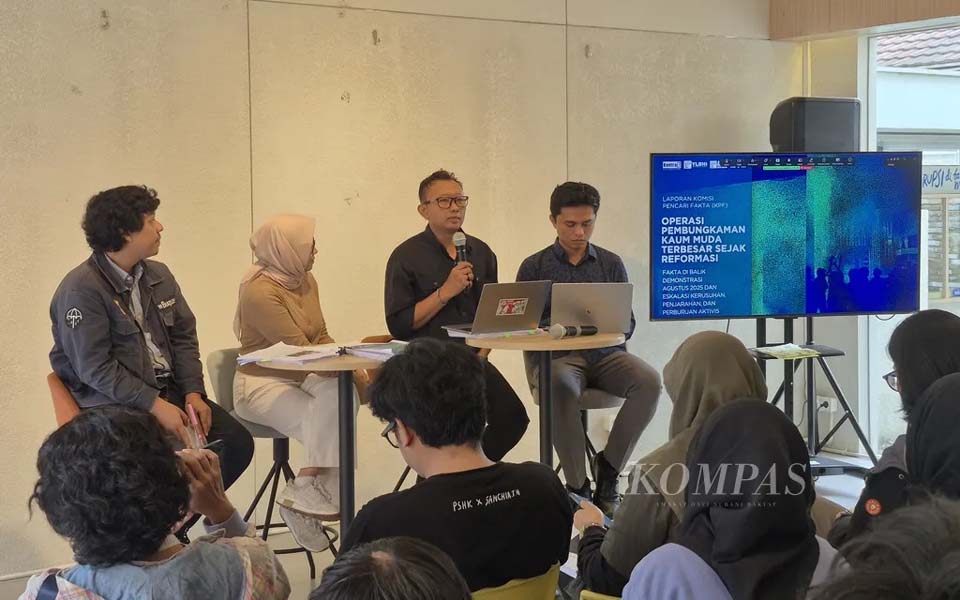
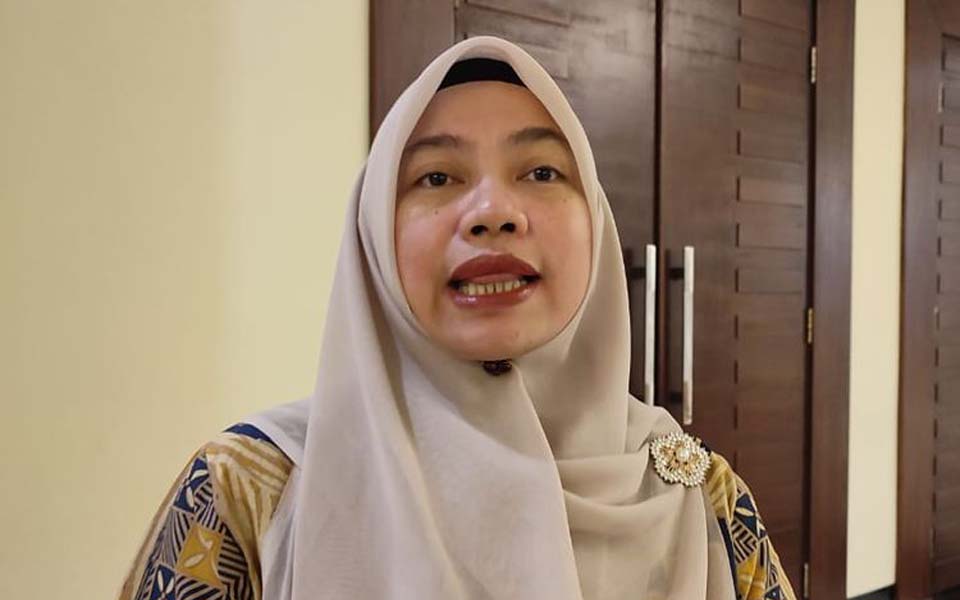
Singgih Wiryono, Dani Prabowo, Jakarta – Three different survey institutions, LSI Denny JA, Litbang Kompas and Populi Centre, have released similar results on the issue of the election of regional heads (Pilkada) being through Regional Representative Councils (DPRD).
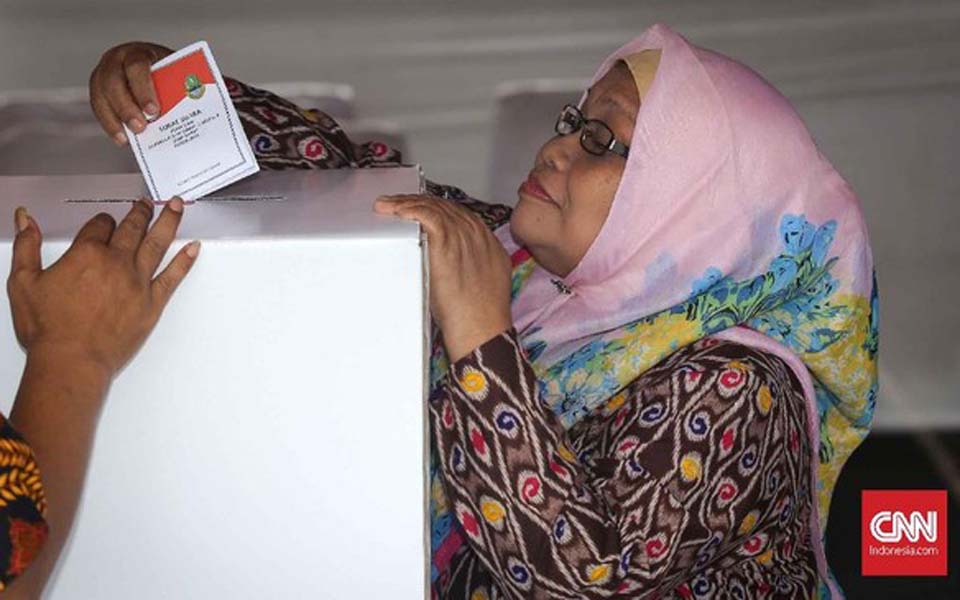
Jakarta – The Coalition for the Codification of Election Laws rejects the idea put forward by Indonesian President Prabowo Subianto regarding the desire to return the election of regional heads (Pilkada) through the Regional Representative Councils (DPRD).
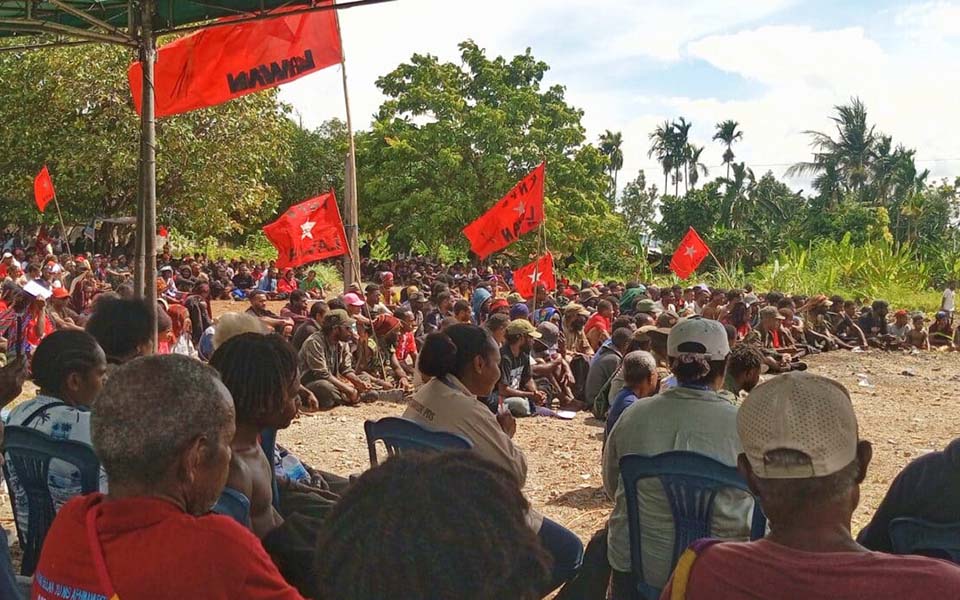
Pes Yanengga, Sentani – The commemoration of the 17th anniversary of the West Papua National Committee (KNPB) on November 19 is a moment to reflect on the history of the organisation's founding.
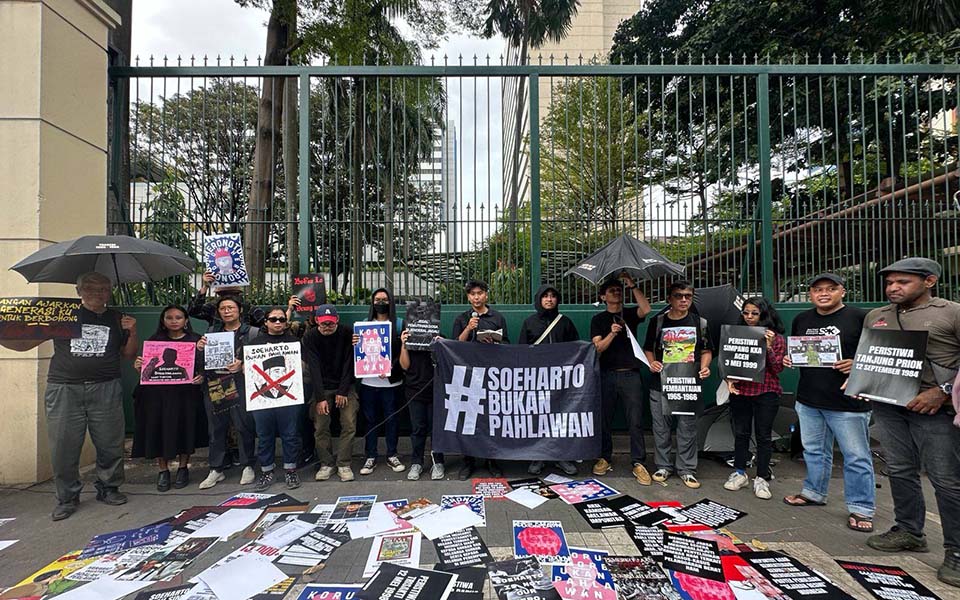
The Civil Society Movement to Bring Suharto to Justice (GEMAS) strongly condemns the awarding of the title of national hero on the second President of the Republic of Indonesia H. M. Suharto and Sarwo Edhie Wibowo.
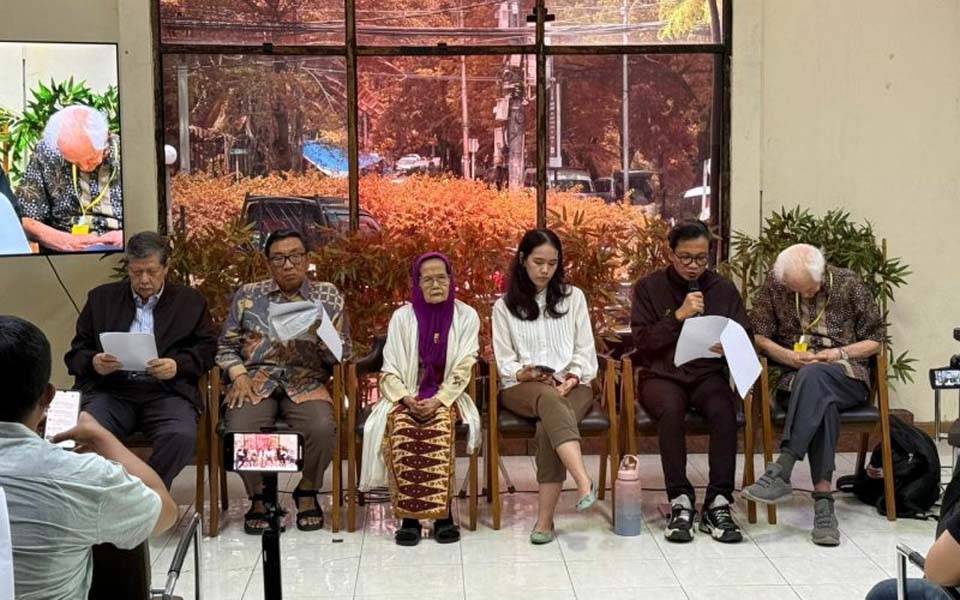
To: THE PRESIDENT OF THE REPUBLIC OF INDONESIA
at the Merdeka Palace, Jakarta
Regarding: Request to reject the award of the title of national hero for retired General H.M. Suharto.
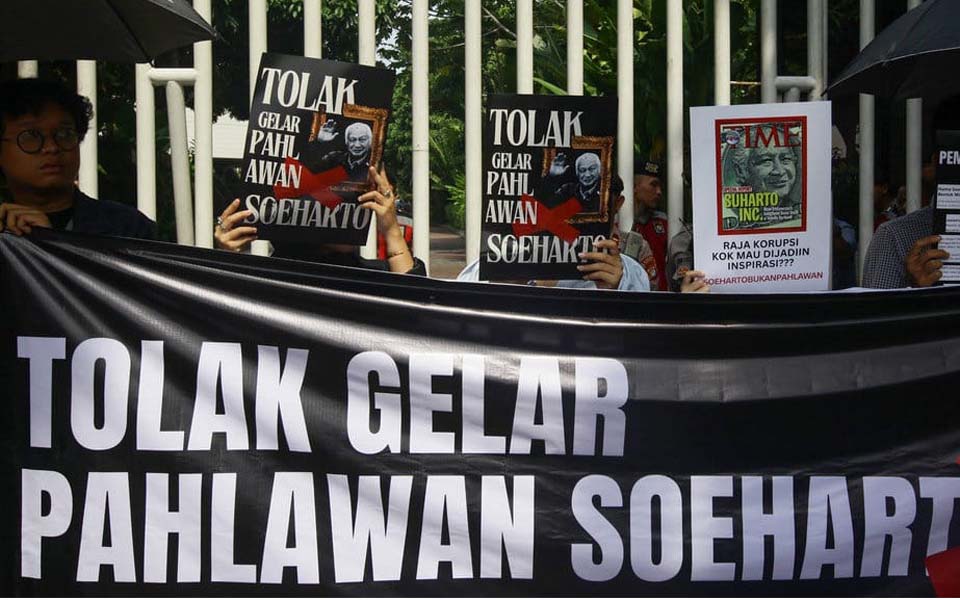
Jakarta – The Indonesian Caucus for Academic Freedom (KIKA) has rejected the proposal to name Indonesia's second president Suharto a national hero.

The proposal to name former president Suharto a national hero is a policy that is blind to history and defies the law. During his 32 years in power, Suharto ruled over an authoritarian and corrupt regime, with a record of gross human rights violations.

On Thursday October 30, the Civil Society Movement to Bring Suharto to Justice (GEMAS), which consists of victims of gross human rights violations, individuals and civil society organisations, officially sent an open letter urging the chairperson of the Titles, Service and Honorary Medals Board (GTK
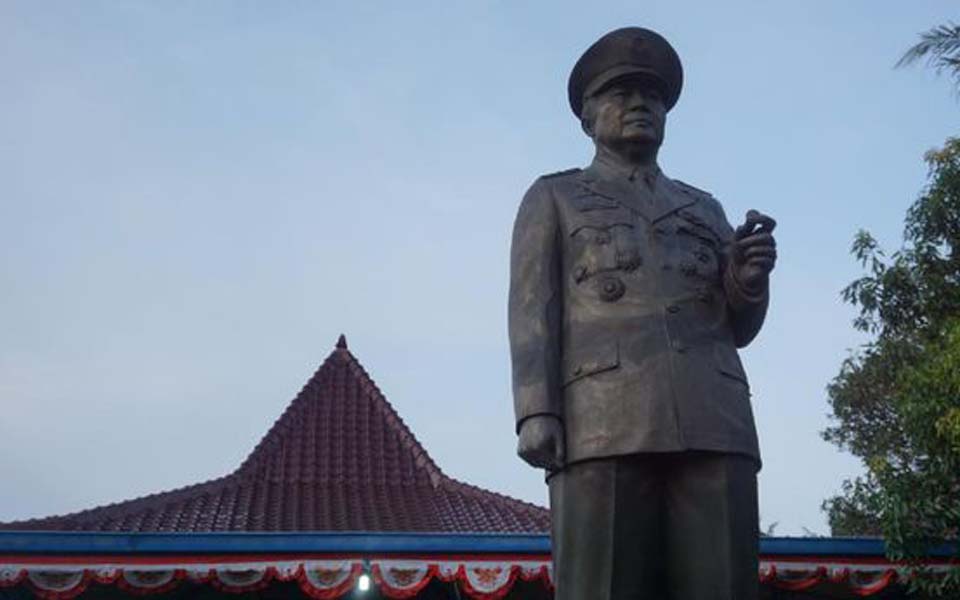
Jakarta – A number of historians and civil society groups have criticised the proposal that the late 2nd President of the Republic of Indonesia, Suharto, be awarded the title of national hero.

Responding to the inclusion of the name of the second president of the Republic of Indonesia, Suharto, on the list of candidates for the title of national hero, Amnesty International Indonesia Executive Director Usman Hamid said:
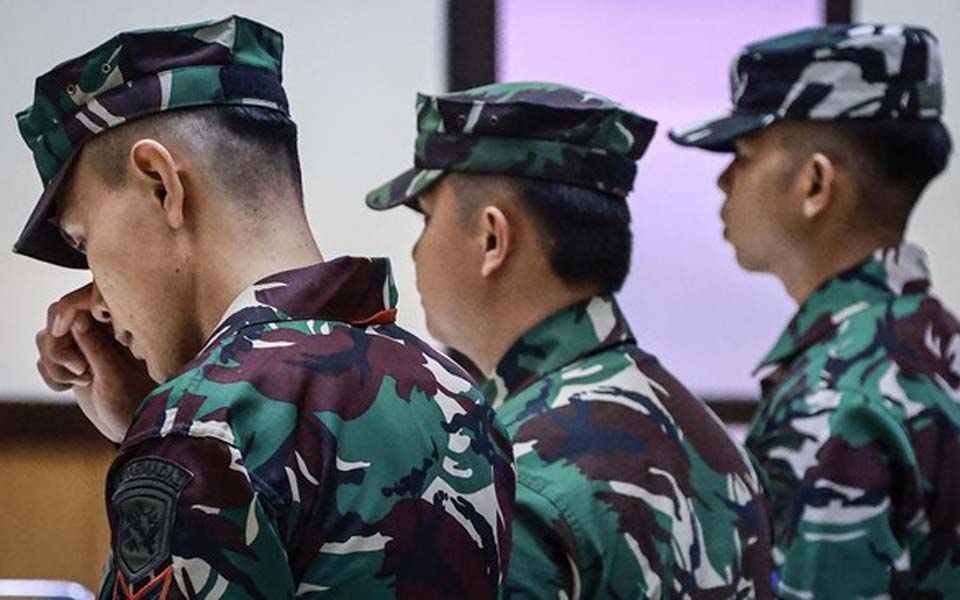
Jakarta – A number of organisations affiliated with the Civil Coalition for Security Reform have criticised the light sentences given to soldiers involved in cases of abuse that resulted in the death of the victims.
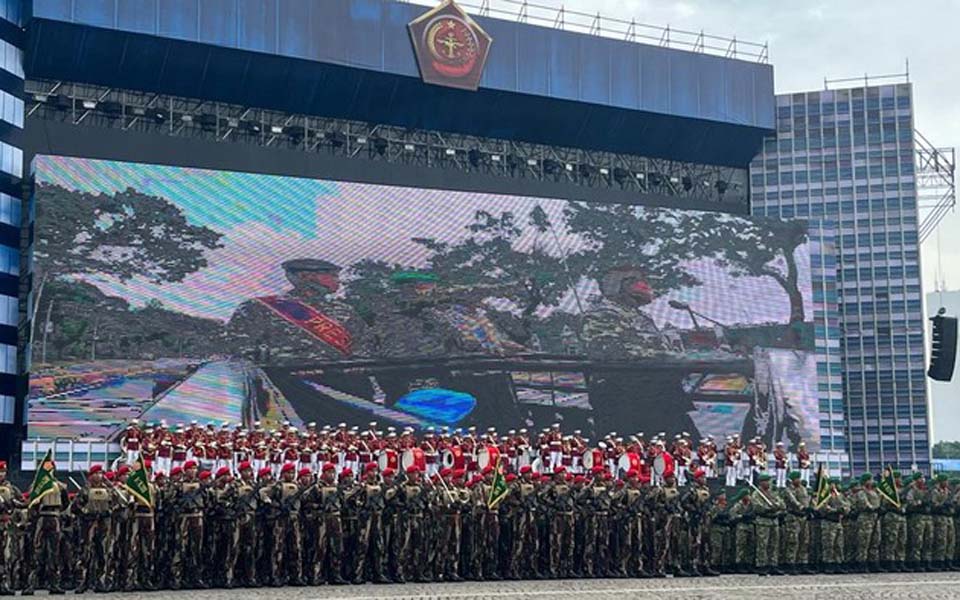
Jakarta – The Commission for Missing Persons and Victims of Violence (Kontras) has found 85 incidents of violence involving Indonesian Military (TNI) members over the last year (October 2024-September 2025).
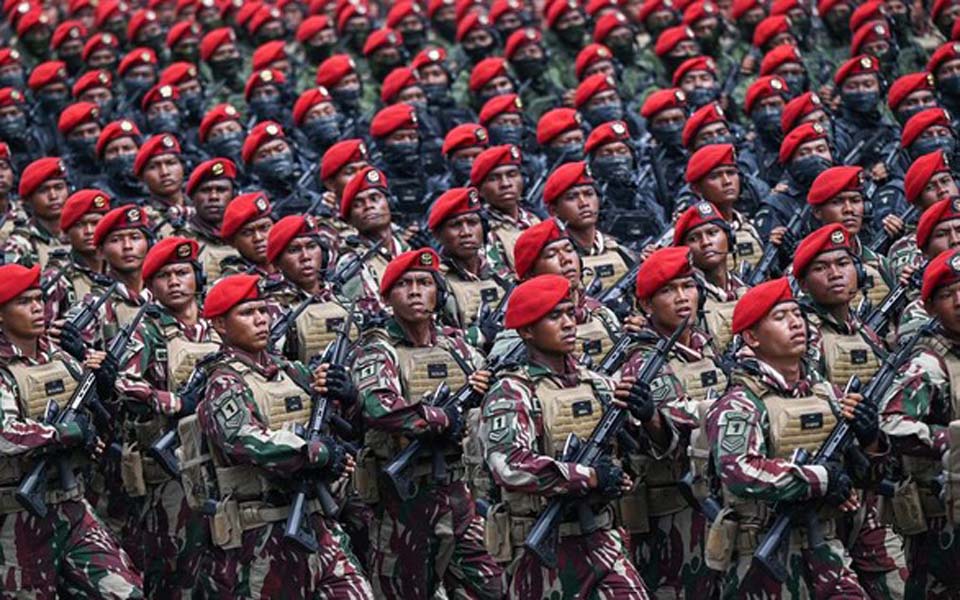
Fika Nurul Ulya, Dani Prabowo, Jakarta – The Civil Society Coalition for Security Sector Reform is pushing for a complete end to the Indonesian Military's (TNI) multi-functional practices in civil affairs in accordance with the mandate of reformasi and the principle of civilian supremacy.
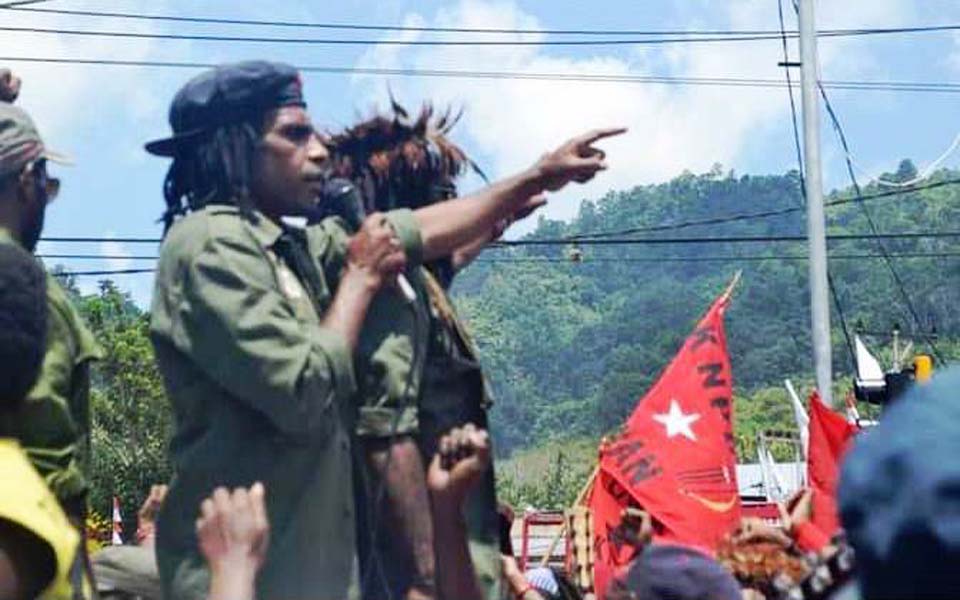
Jayapura – The Rome Agreement signed in Rome, the capital of Italy on 30 September, 1962 following the New York Agreement on August 15, 1962, was carried out without the involvement of a single representative of the Papuan people, even though the two agreements were

Jakarta – The Civil Society Coalition is demanding that Indonesian President Prabowo Subianto be serious about reforming the Indonesian National Police (Polri).

Robertus Belarminus, Jakarta – Military observer and Chairperson of the Centra Initiative Working Group, Al Araf, says that the reform of the Indonesian Military (TNI) has experienced a setback since the administration of the 7th president of the Republ

41 years have passed since the Tanjung Priok incident occurred on September 12, 1984. The lack of justice continues to be felt especially for the victims and families of victims.

Nearly a year into the regime of President Prabowo Subianto and Vice President Gibran Rakabuming Raka, mass resistance has erupted again.
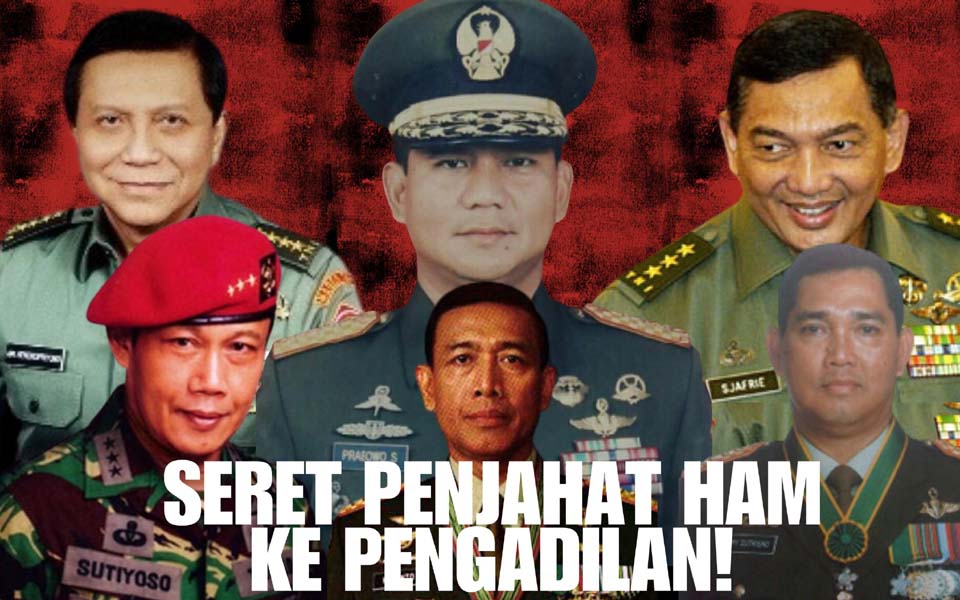
The Civil Society Coalition Against Impunity condemns the awarding of a four-star honorary general rank on Defence Minister Sjafrie Sjamsoeddin.




